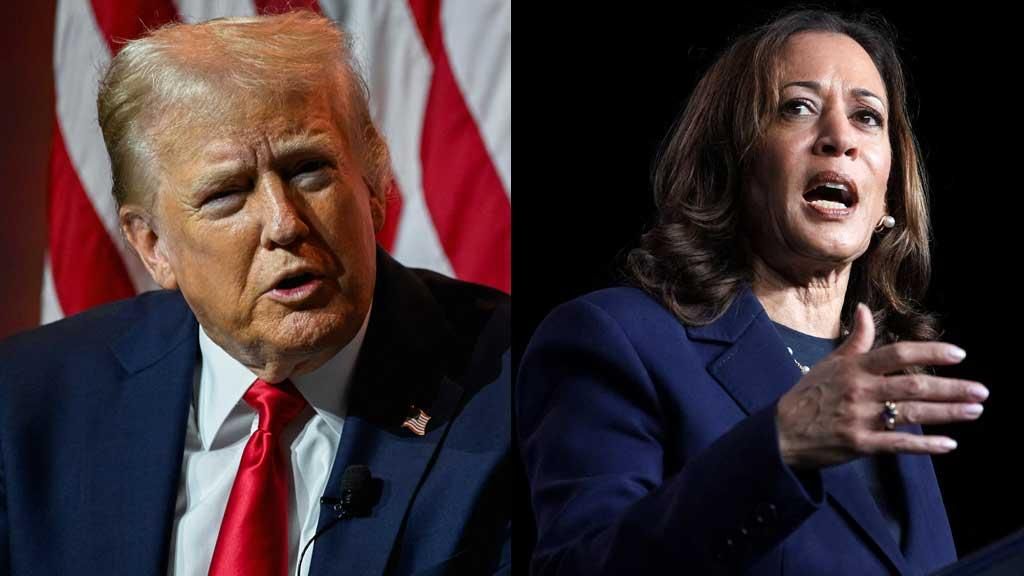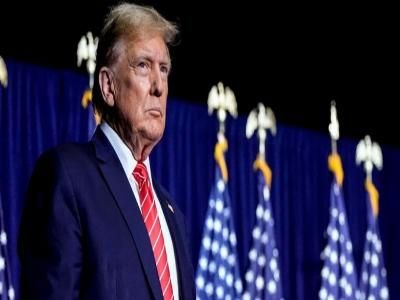Following the deaths of three children in a dance class earlier this week, violent far-right riots have broken out in Sunderland, a city in northeastern England. These riots are part of a wave of anti-immigrant rallies.
Following a few hundred people who went on a rampage in Sunderland's city center, attacking police and setting fire to at least one car and a structure adjacent to a police office, Northumbria Police Chief Superintendent Helena Barron said that officers encountered "serious and sustained levels of violence" on Friday.
Eight people were arrested following hours of what Barron described as “utterly deplorable” disturbances. Three officers required hospital treatment and two remained in hospital early on Saturday.
Images shared on social media showed balaclava-clad youths throwing bricks as fireworks and flares were let off.
“The shocking scenes we have witnessed in Sunderland this evening are completely unacceptable,” Barron said, adding the “disorder, violence and damage” seen “will not be tolerated”.
“A full investigation is now under way to identify anyone else responsible”, she added.
The disorder came after two nights of unrest in several English towns and cities in the wake of the stabbing in Southport of the three children – Alice Dasilva Aguiar, nine; Elsie Dot Stancombe, seven; and Bebe King, six – at a Taylor Swift-inspired summer holiday dance class.
Online misinformation attributed the killings to a Muslim immigrant. The alleged perpetrator was later identified by a judge as 17-year-old Axel Rudakubana, a Christian born in the United Kingdom to Rwandan parents.
Police have said the case is not being treated as terror-related but have not revealed a motive.
Anger over the killing fuelled growing anti-immigration sentiment as far-right social media channels advertised “enough is enough” anti-immigrant rallies.
Lewis Atkinson, a Sunderland Central MP for the ruling Labour Party, said a link could be drawn between the unrest in his constituency and the ashes of the English Defence League (EDL), which was founded by Tommy Robinson, whose real name is Stephen Yaxley Lennon.
The group has disbanded but its supporters remain active, and Atkinson said evidence suggested a Nazi offshoot was involved in the violence in on Friday night.
Atkinson said he was “really sad” for Sunderland after a group of “racists” descended on the city on Friday evening and attacked police
officers and targeting a mosque.
Asked how the disorder had happened, Atkinson told BBC Radio 4’s Today programme that protests had been suggested by people in a
number of social media groups in the wake of the Southport stabbings.
“The far right, for example Stephen Yaxley Lennon, picked up on those and started promoting those and encouraging known far right individuals to join,” he said.
He added: “A night of idiots will not prevent us from building.”
‘They do not represent Britain’
On Tuesday, protesters clashed with police outside a mosque in Southport and hurled beer cans, bottles and flares near the prime minister’s office in London the next day.
Officers arrested 111 people as a rally in Westminster turned violent late on Wednesday.
Friday night’s disturbances in Sunderland, after a calm night nationwide on Thursday, were an ominous sign for the coming days.
London’s Metropolitan Police said it had a “proportionate and risk-based” plan for rival pro-Palestinian and anti-immigration protests on Saturday.
Responding to the events in Sunderland, Home Secretary Yvette Cooper said rioters will “pay the price for their violence and thuggery”.
“They do not represent Britain,” Cooper said, giving police “the full backing of government to take the strongest possible action and ensure they face the full force of the law”.
Faith leaders say mosques have been attacked and have had to step up security measures.
“Violent protesters targeted a mosque and the police, causing chaos and fear,” the Muslim Council of Britain said on X, welcoming Home Secretary Cooper’s condemnation.
“It is imperative that such thuggish behaviour is addressed and prevented from recurring.”
Prime Minister Keir Starmer on Friday met local leaders in Southport to discuss “a package of support for the local community”, his Downing Street office said, a day after he announced a new “national capability” to tackle disorder in the wake of the recent disturbances.
The new measures will allow the sharing of intelligence, wider deployment of facial recognition technology and criminal behaviour orders to restrict troublemakers from travelling.
Downing Street lit up in pink on Friday evening “as a mark of respect and solidarity with everyone affected by the tragic incidents which took place earlier this week,” it said on X. “We stand in solidarity with Southport.”
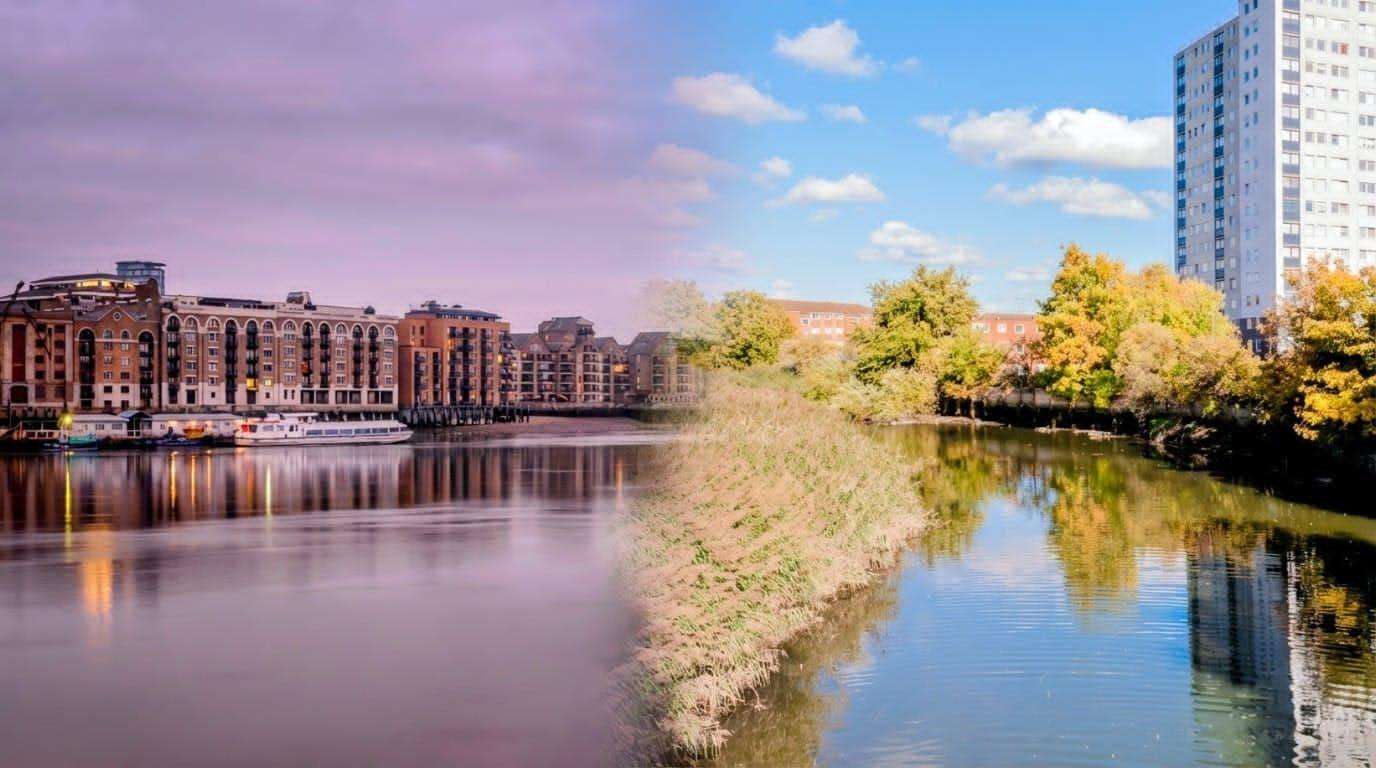
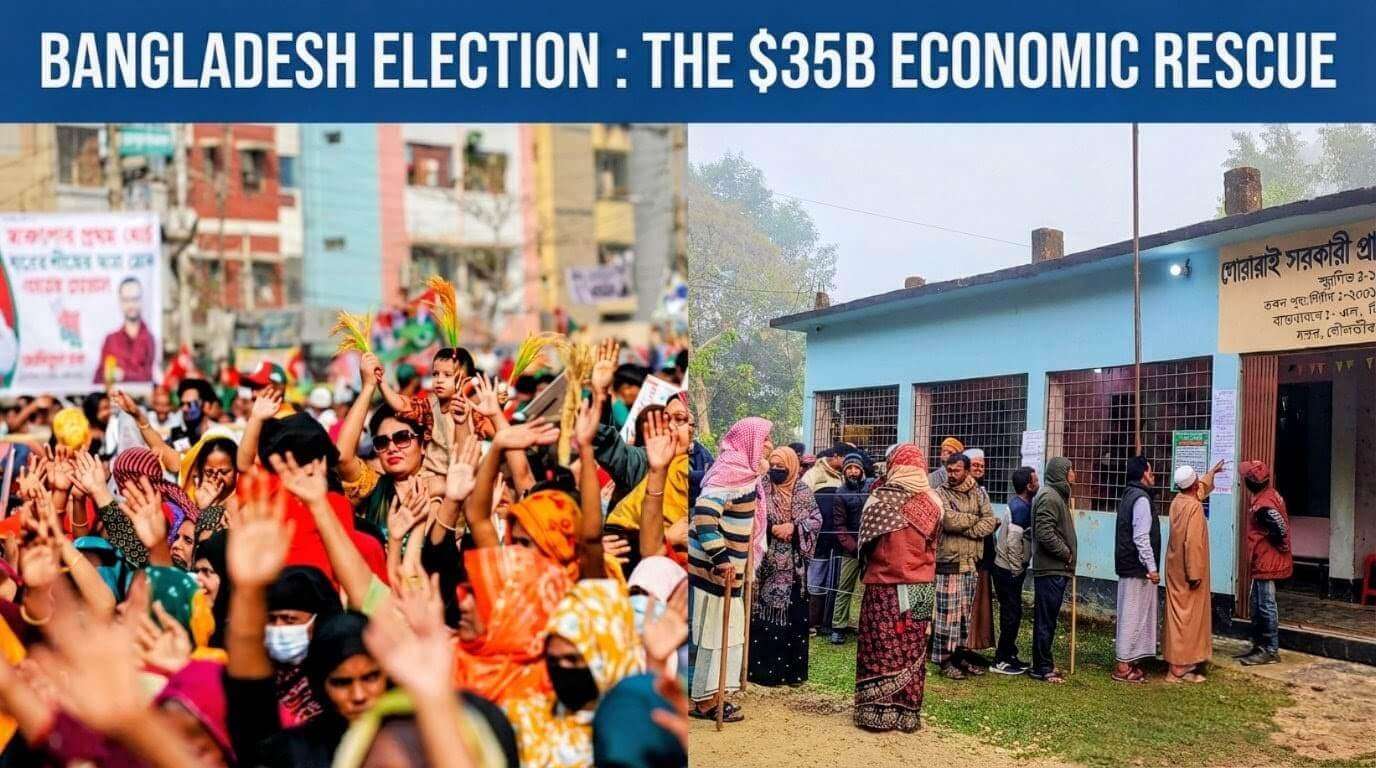
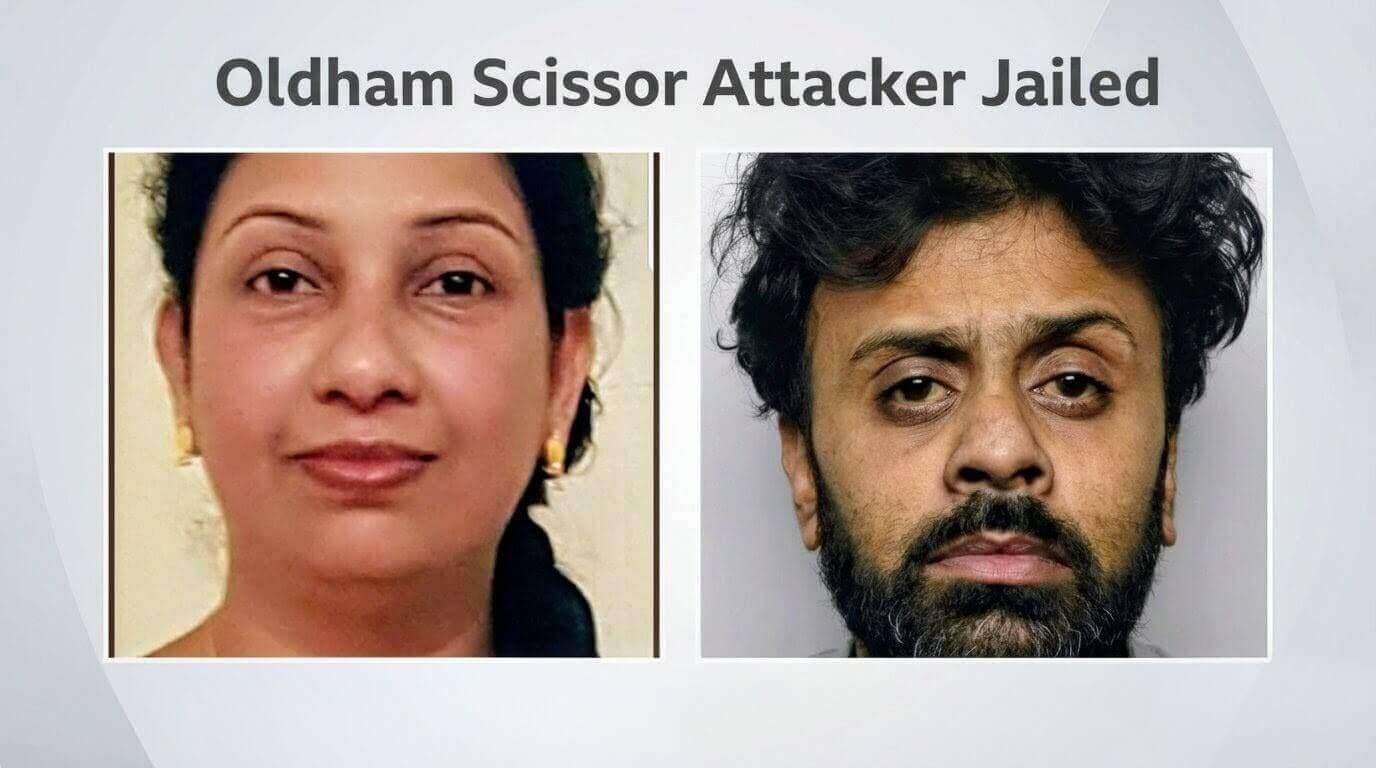
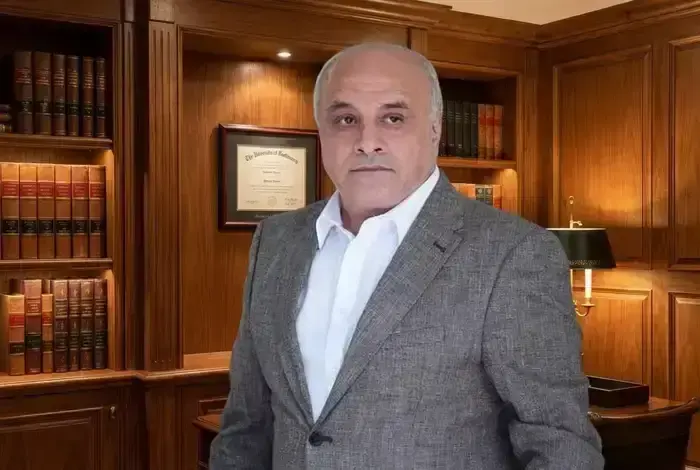



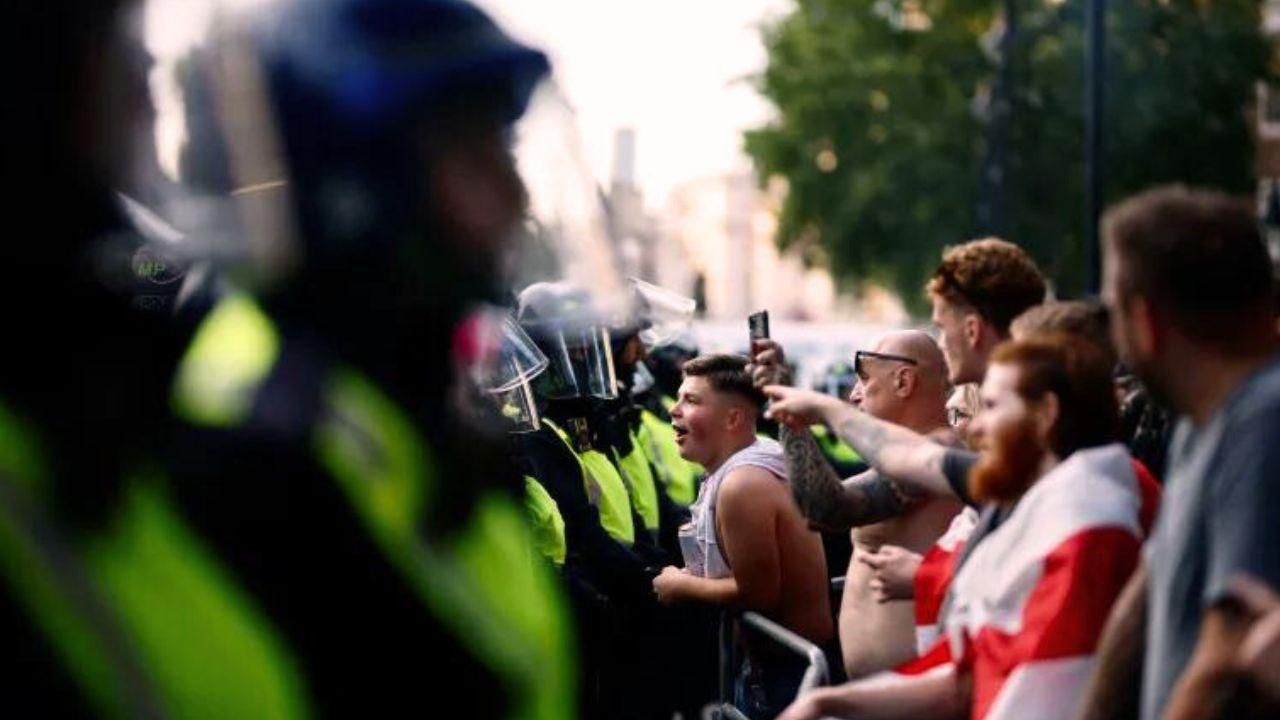
.svg)

